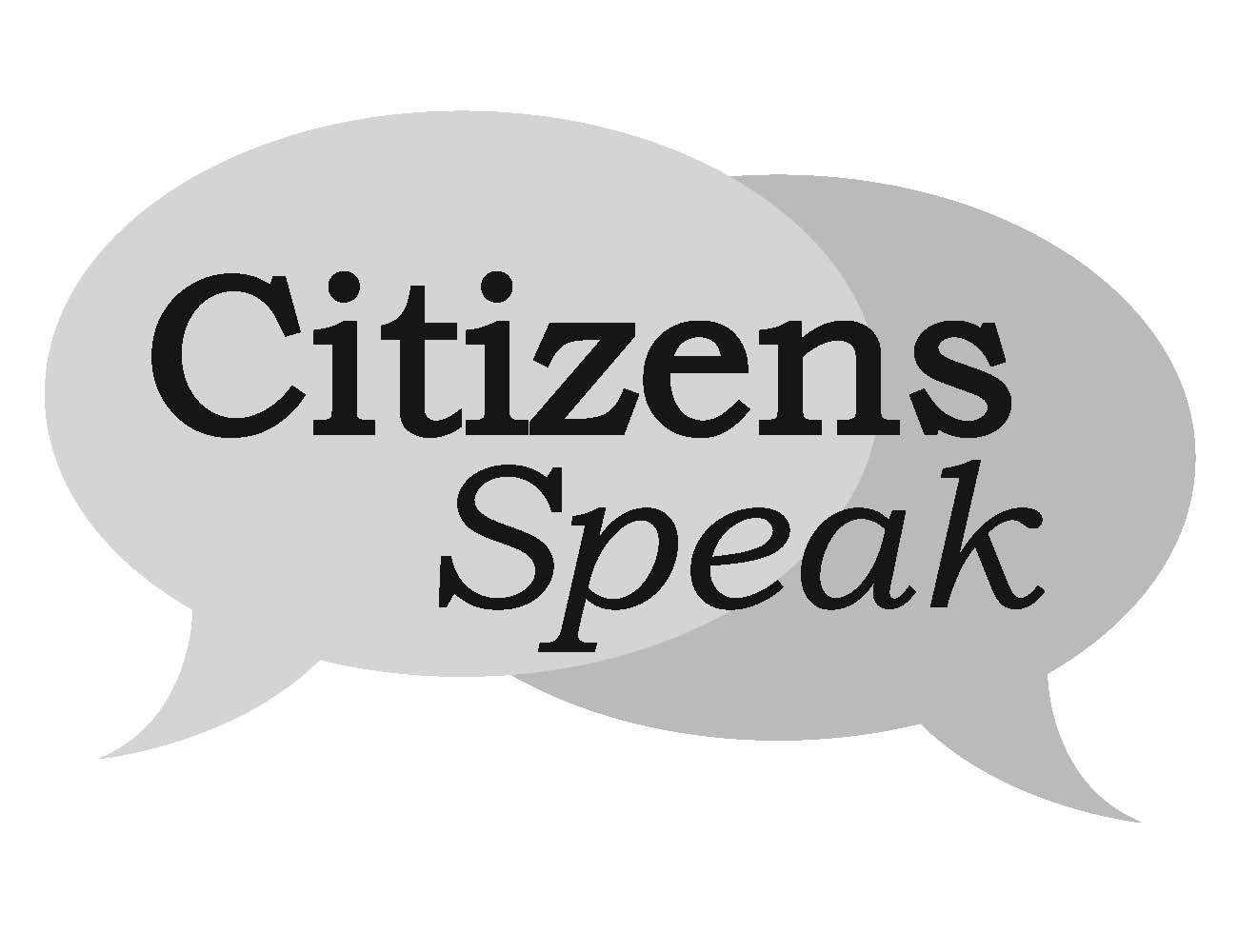Following are the most important among the citizen’s duties to the State:
1. Allegiance to the State:
Every citizen owes allegiance to the State to which he belongs.
ADVERTISEMENTS:
This implies the duty of defending the State in case of war, and service and loyalty to the State to maintain its integrity. It is the duty of every citizen to defend the State against all enemies and dangers and to assist in the maintenance of peace and order.
The State can call upon any citizen to take up arms in its defence. In short, every citizen should be prepared, if necessary, to lay down his life in defending the State and to discharge the duties involved in his allegiance to the State.
The Constitution of the former U.S.S.R. prescribed universal military service and regarded it as an honourable duty of the citizens. If military service is an honourable duty of the citizens of the U.S.S.R., the defence of the country is their sacred duty.
ADVERTISEMENTS:
2. To Obey Laws:
The first commandment to the Soviet citizen was to faithfully abide by the Constitution and the Soviet laws. In every State it is the supreme duty of citizens to obey its laws, respect its institutions, obey the orders and directions of the government and assist in creating that atmosphere wherein should flourish the spirit of law-abidingness. Good citizenship consists more in obedience to laws than in any other thing.
Laws are made for the social good and those who respect and obey laws have the good of the community at heart. Disobedience of laws, violation of the rule of law, willful defiance of authority and transgression of the directions of government retard the progress of the community and are the symptoms of a diseased State.
It is an axiomatic truth coming down from Aristotle that a good citizen makes a good State. But should a citizen resist the laws of the State if they are unjust in his considered judgment? Laski is of the opinion that he has the right to resist.
ADVERTISEMENTS:
Barker too holds the same opinion, although he says that the mischief of obedience against the mischief of resistance should be properly weighed.
3. Payment of Taxes:
For performing functions which the State undertakes, it has to spend huge sums of money. It is the duty of every citizen to pay taxes, national and local, punctually and regularly. If the State has no money, it cannot spend.
Without money the State has not the wherewithal for working the machinery of government and for running it successfully, particularly when the sphere of the State is ever-expanding. Taxes have been held in all countries to be a compulsory contribution and it becomes a legal duty of citizens to pay them. There is no quid pro quo in a tax.
4. Honest Exercise of Franchise and Holding a Public Office:
In a democratic State all adult citizens, subject to certain qualifications, enjoy the right to vote, to elect their representatives, and to offer themselves for election. Voting is a fundamental and essential part of a citizen’s duty to the government of his country. But this is not enough. A democratic form of government is a party government. A voter has to choose between one party and another.
The vote should, therefore, be exercised with judgement, discretion, and rectitude. There can be no good government unless electors regard their votes as a sacred trust. Similarly, those who are elected should occupy the public offices in a spirit of service and justify the trust the electorate has reposed in them.
5. Assistance in the Maintenance of Law and Order:
It is the duty of citizens to help the administration in the maintenance of law and order; the primary function of the State. The law imposes on citizens the obligation to inform the authorities if an offence has been committed or is likely to be committed and to render all possible assistance in the detection of crime.
The State can call upon its citizens to render service in times of emergency and assist the government in maintaining peace and order, and ensure the safety of the State.
6. Other Duties:
Similarly, it is the duty of citizens to serve as jurymen or to act as assessors, whenever called upon to do so. Citizens, also, owe a duty to the State to render service as members of public committees, organizations, local bodies, representative assemblies, etc., when required.
Finally, every citizen should develop the ‘social conscience’ and ‘public spirit’. He should place public good above private interests and render social service, whenever the occasion arises, as a willing worker.
Citizenship is active and a good citizen is well-informed on all matters of public importance and he endeavours to arrive at a balanced judgment on them. That is why democracy is perpetually faced with the problem of deciding how to achieve a proper balance between rights and duties. The duties of citizen are many and arduous and the State, as a matter of reality, is what its citizens make it.

